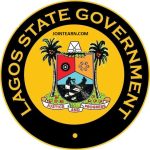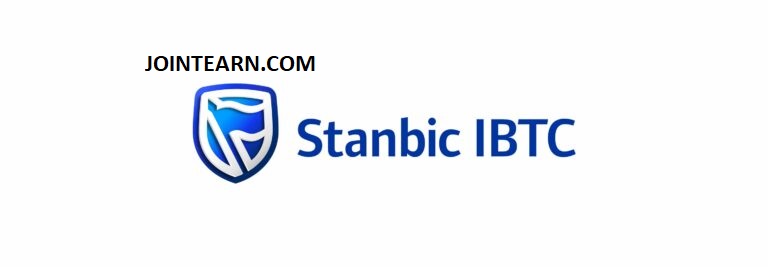The Economic and Financial Crimes Commission (EFCC) has apprehended Nigerian businesswoman and socialite, Aisha Achimugu, at the Nnamdi Azikiwe International Airport in Abuja. The arrest occurred around 5:00 a.m. on Tuesday upon her voluntary return from London. Achimugu had been declared wanted by the EFCC in March over allegations of criminal conspiracy, money laundering, and possession of unlawfully acquired property.
Background of the Case
Achimugu, the Chief Executive Officer of Felak Concept Group, an engineering and oil conglomerate, is under investigation for her alleged involvement in the controversial MBA Trading and Capital Limited scheme. The EFCC’s probe revealed that she operates 136 bank accounts across ten banks in Nigeria, both in her personal and corporate capacities.
In an affidavit filed by the EFCC, it was disclosed that on February 12, 2024, Achimugu visited the commission’s office with her lawyer and provided a statement regarding substantial funds that passed through her corporate accounts. She admitted that ₦8.71 billion was paid by her partners as investment funds for the acquisition of an oil block on November 8, 2022. Further investigations indicated that through her company, Ocean Gate Engineering Oil and Gas Limited, she acquired two oil blocks—Shallow Water PPL 3007 and Deep Offshore PPL 302-DO—for a total of $25.3 million. These acquisitions were primarily funded through cash payments to Bureau De Change operators, who then made payments to the Federal Government via corporate accounts. The EFCC alleges that the sources of these funds were not linked to lawful earnings or legitimate business partners.
Legal Proceedings and Arrest
On April 28, 2025, during a hearing at the Federal High Court in Abuja, Achimugu’s legal team informed the court of her intention to surrender to the EFCC. Justice Inyang Ekwo ordered her to appear before the commission on April 29 and mandated the EFCC to produce her in court on April 30 to report on her cooperation with the investigation. Daily Post Nigeria+6Premium Times Nigeria+6Premium Times Nigeria+6
Despite her voluntary return, Achimugu was arrested upon arrival at the airport. Her lawyer, Chief Chikaosolu Ojukwu, expressed concern over the arrest, stating, “In light of what transpired in court on Monday, our client returned based on the undertaking before the court to honor the EFCC’s invitation, but was arrested at the airport.” He further described her as a “prisoner of conscience” and noted that she had commenced a hunger strike in protest of her detention.
EFCC’s Stance
An EFCC official, speaking on condition of anonymity, defended the agency’s actions, asserting that the arrest was lawful and necessary. “We had earlier declared her wanted, and we can’t allow her to continue to walk freely,” the official stated. “Secondly, the court said she must appear before us today. We were not restricted from arresting her; what the court said was if she comes, she should not be detained. How are you sure she would appear before us today? Now that we have seen her, we have a course to ensure she appears.”
Allegations and Investigations
The EFCC’s investigation into Achimugu’s financial dealings has uncovered a complex web of transactions and acquisitions. The commission alleges that the acquisition of the oil blocks was marred by corrupt practices, including bribes paid to officials of the Nigerian Upstream Petroleum Regulatory Commission. Furthermore, none of the oil blocks assigned to Ocean Gate Engineering Oil and Gas Limited have commenced exploration or production since their acquisition.
Public and Political Reactions
Achimugu’s arrest has sparked discussions about the EFCC’s approach to high-profile financial crime cases. Some associates of Achimugu, who is connected to Lagos State Governor Babajide Sanwo-Olu, have criticized the EFCC’s actions, framing them as politically motivated harassment.
Next Steps
The EFCC is expected to produce Achimugu in court on April 30, 2025, to report on her cooperation with the ongoing investigation. The outcome of this case could have significant implications for Nigeria’s efforts to combat financial crimes and enforce accountability among high-profile individuals.












